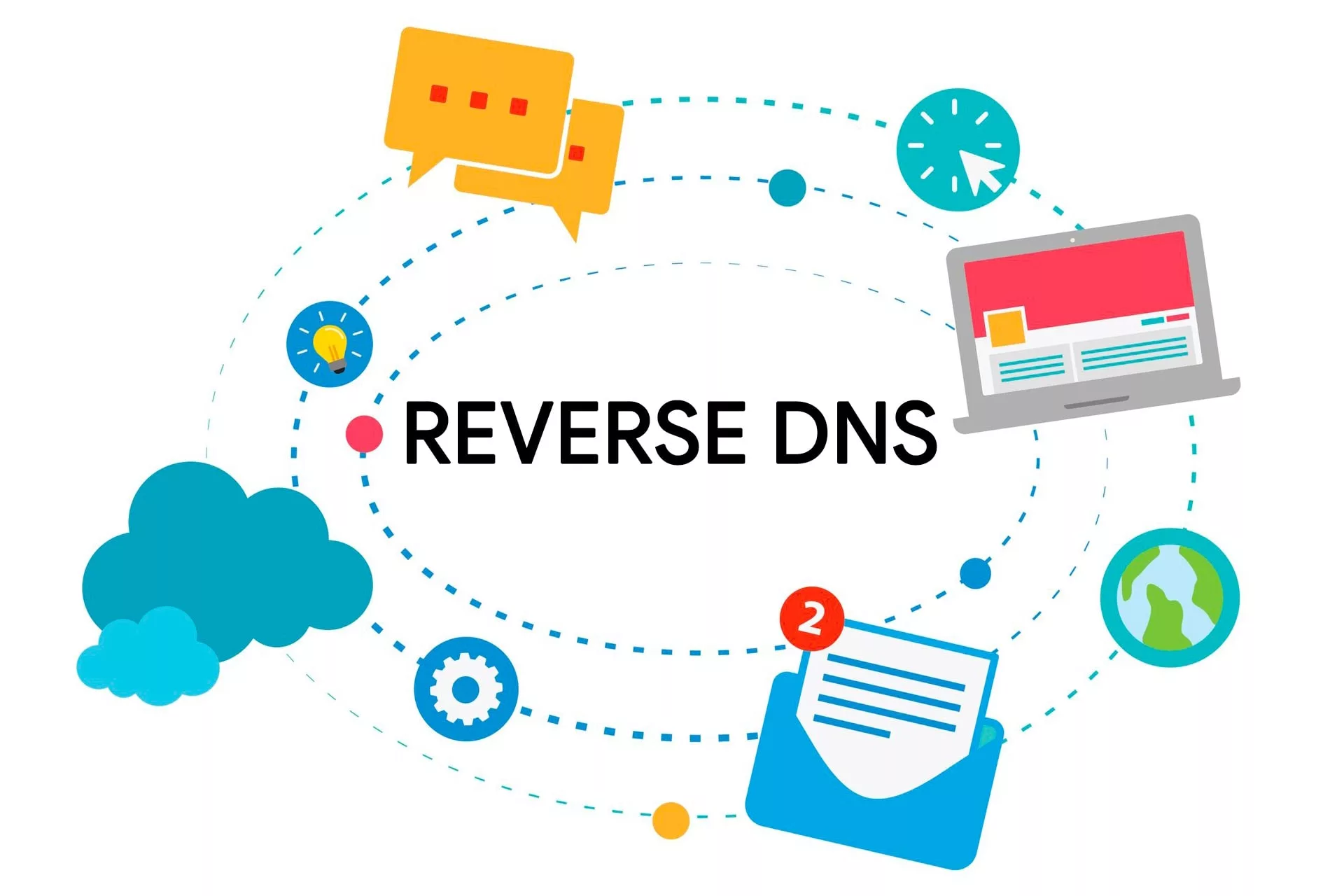
DNS Lookup
Created on 6 October, 2025 • Checker Tools • 57 views • 2 minutes read
In the digital world, every website relies on a critical system known as DNS Lookup to connect users with online content. Whether you’re browsing your favorite social media platform or running a business website, understanding how DNS works can help you
DNS Lookup: How It Works and Why It’s Important for Your WebsiteIn the digital world, every website relies on a critical system known as DNS Lookup to connect users with online content. Whether you’re browsing your favorite social media platform or running a business website, understanding how DNS works can help you optimize speed, security, and reliability.
What Is DNS Lookup?
DNS (Domain Name System) Lookup is the process of translating a human-friendly domain name (like example.com) into a computer-friendly IP address (like 192.168.1.1). Since computers communicate through numerical IP addresses, DNS acts as an internet phonebook—allowing users to access websites simply by typing names instead of numbers.
Every time you visit a website, your browser performs a DNS Lookup to find the corresponding IP address. Once resolved, your device can connect directly to the web server hosting the site.
How DNS Lookup Works
DNS Lookup follows a multi-step process involving several types of DNS servers. Here’s a simplified breakdown:
1. Recursive DNS Server
When you enter a web address, your request first goes to a recursive DNS resolver—usually managed by your internet service provider (ISP). This server checks if it already has the IP address stored in its cache. If not, it proceeds to the next step.
2. Root Name Server
If the recursive server doesn’t have the information, it asks the root name server, which directs the resolver to the appropriate Top-Level Domain (TLD) server (for example, .com, .org, or .net).
3. TLD Name Server
The TLD server responds with the location of the authoritative name server responsible for the specific domain.
4. Authoritative Name Server
Finally, the authoritative DNS server provides the correct IP address of the website. The recursive server stores this information temporarily (caching) to speed up future lookups.
Once the IP address is known, your browser connects to the web server, and the website loads.
Types of DNS Lookups
There are mainly two types of DNS lookups used online:
Forward DNS Lookup
This is the most common type—converting domain names into IP addresses.
Reverse DNS Lookup
This does the opposite: finding the domain name associated with a given IP address. It’s often used for security, spam prevention, and server verification.
Why DNS Lookup Matters
A fast and reliable DNS Lookup enhances website performance and user experience. Slow DNS responses can delay website loading, while DNS errors can make sites completely unreachable. Website owners can improve DNS speed using premium DNS services, caching, or CDNs (Content Delivery Networks).
Additionally, secure DNS protocols like DNSSEC (Domain Name System Security Extensions) protect users from attacks such as DNS spoofing or cache poisoning.
Conclusion
DNS Lookup may happen in milliseconds, but it’s a vital process behind every online connection. By understanding and optimizing DNS performance, businesses and individuals can ensure faster, safer, and more reliable access to their websites. In short, DNS Lookup is the invisible backbone that keeps the internet running smoothly every day.
Categories
Popular posts
-
Number to Words ConverterConverter Tools • 83 views
-
YouTube Timestamp Link GeneratorGenerator Tools • 76 views
-
File Mime Type CheckerChecker Tools • 63 views
-
UTM link generatorGenerator Tools • 62 views
-
IP LookupChecker Tools • 60 views